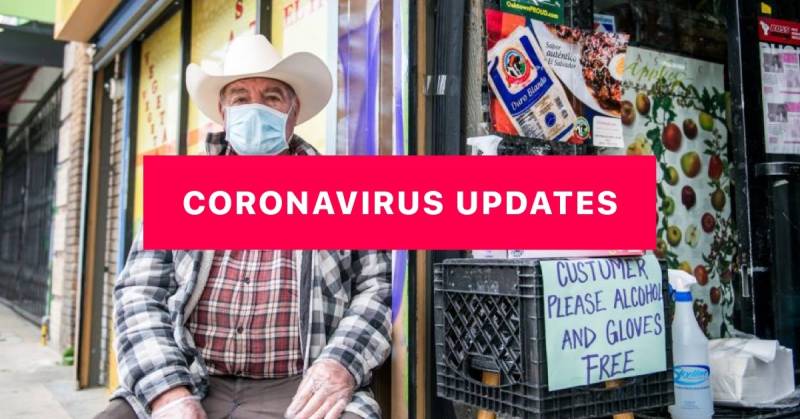San Francisco leaders announced plans Thursday to move roughly 200 homeless people living in COVID-19 emergency hotels into vacant apartments, seeking to help permanently house them by the end of the year.
The decision comes as city officials fear a tide of homeless people hitting the streets after they have to leave the temporary hotel accommodations that the city made available at the start of the pandemic. About 1,800 homeless people are currently staying in hotels, according to city data, an arrangement that is planned to sunset at the end of the city's declared emergency.
Mayor London Breed announced the new strategy, called a "flex pool"— a joint effort between the Department of Homelessness and Supportive Housing and philanthropic partners, like the Tipping Point Community, Dignity Health and others, to house tenants for their first 18 months of rent with philanthropic funding.
Tenants will contribute 30% of their income toward their rent, and also would be provided supportive services to help them stay housed.
"Even as we have implemented emergency responses to COVID-19, we have remained focused on long term solutions to homelessness, particularly more housing," Breed said in a statement, calling the program an "innovative and cost-effective way to get our unhoused residents out of temporary shelters, off the streets, and into permanent homes."
